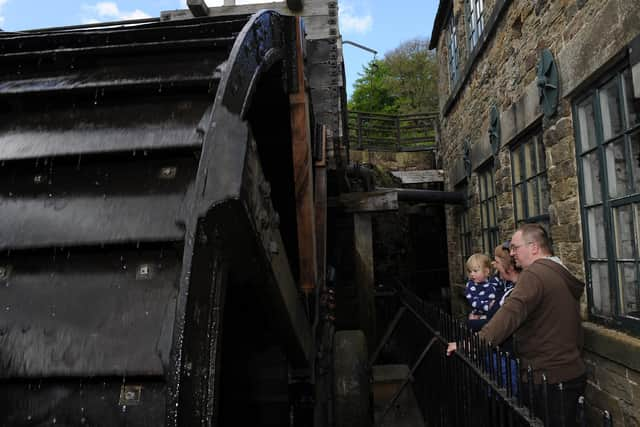Sheffield’s museums and galleries will undergo a major change after they reopen – here is what’s happening
and live on Freeview channel 276
From April 1 next year, a new unified charitable trust will be responsible for operating Abbeydale Industrial Hamlet, Kelham Island Museum, Shepherd Wheel, Graves Art Gallery, Millennium Gallery and Weston Park Museum.
Presently, the Millennium, Graves and Weston Park sites are run by Museums Sheffield, while Abbeydale, Kelham and Shepherd Wheel are overseen by the Sheffield Industrial Museums Trust. This arrangement dates back 25 years to the 1990s, prior to which Sheffield's historic and cultural collections – which span industrial and social heritage through to natural science and visual art – were managed together by the city council, which remains the two groups' primary funder.
Advertisement
Hide AdAdvertisement
Hide AdOver the past three years SIMT and Museums Sheffield, supported by Arts Council England, have worked together on several projects including sharing exhibits for display and boosting volunteering opportunities. Discussions on a merger began in earnest last year and work has continued during lockdown alongside planning for the museums' reopening in August. Over the coming months the two trusts will draw up a business plan for the new organisation, which will be one of the biggest of its kind in the country.
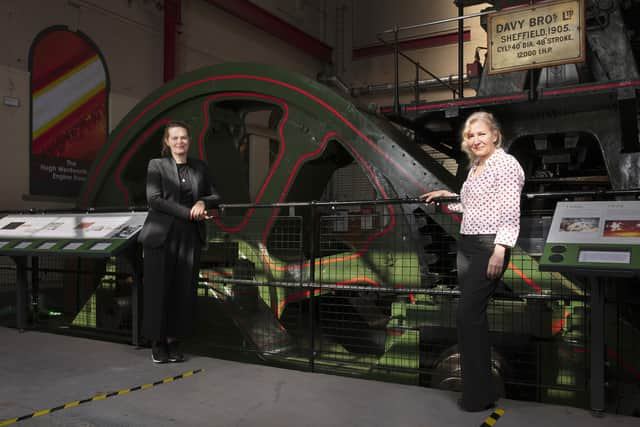

Kim Streets, CEO of Museums Sheffield, said: "These plans were being hatched before Covid-19. There was a logic to it then and it seems to make even more sense now. There's a feeling that we will be stronger if we work together."
Together the trusts have 116 full-time equivalent staff. Employees will transfer to the new organisation under TUPE regulations and an interim board of trustees is already in place led by chair Neil MacDonald.
"It's a very positive move," said Kim. "It's not about streamlining and it's not about cutting."
Advertisement
Hide AdAdvertisement
Hide AdThe city's collections include more than 5,000 paintings, sculptures and other visual artworks; an eclectic array of items gathered by Victorian polymath John Ruskin; one of the last remaining Bessemer Converters in the world; an array of finished metalwork officially designated for its 'outstanding national and historical significance', and the 12,000hp River Don Engine, the most powerful working steam engine in Europe, built for hot rolling steel armour plate.
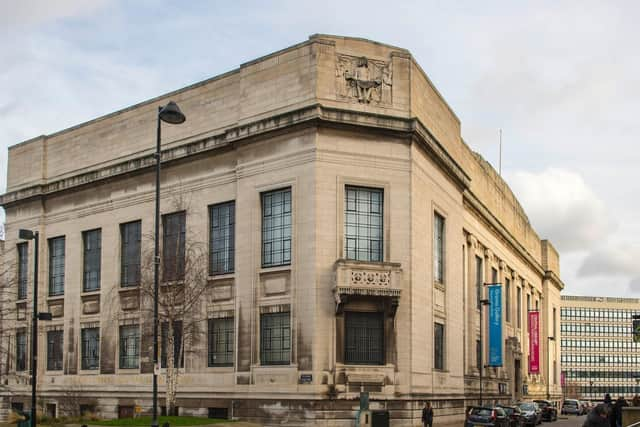

Kim said the new trust would 'reunite art and industry'. "Because the collections belong to the city of Sheffield, and most have been donated by the citizens of Sheffield, they were always together as one until the 1990s when the two trusts were formed. For many of our team, it was a false division."
Fiona Elliott, interim director of SIMT, said: "There's a bit of history about the industrial collections being a bit neglected by the city, which is why it went out to trust in the first place, to protect that history. But that dates back to the 1980s, it's gone now. Working alongside the finished products and the arts is really important to be able to tell the whole story. Both SIMT and Museums Sheffield were experimental, it was a new way of doing things. One of the reasons why one big trust wasn't set up was to minimise risk. The strategic environment has changed a bit so it makes sense for them to come together."
Fiona explained that, unlike Museums Sheffield and its metalworking archive, SIMT has no 'designated' collections, which Kim said can unlock 'a whole stream of funding'.
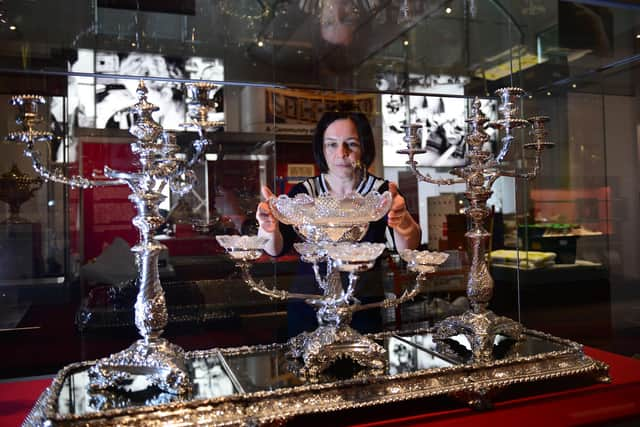

Advertisement
Hide AdAdvertisement
Hide Ad"As one, that stream of funding is applicable to all collections, including the industrial ones which absolutely contribute to the reality of having a metalwork collection," said Kim. "That's a good example of how all of the collections could benefit from having that designated status."
The united trust could also submit larger bids for lottery money by having one combined fundraising team. "Neither organisation is awash with staff, we're very lean overall," said Kim. "To be able to connect up means we can make a bigger ask. Looking back, had we been better connected, we might have been able to do more."
And, Kim added, the new trust could help to realise an extensive revamp of the Graves Gallery building in a post-Covid era.
"To be able to cite the Graves and our ambition for that building as part of a portfolio of arts and heritage in the city is a really helpful thing to do," said Kim, who described the premises as needing ‘serious TLC’ in January.
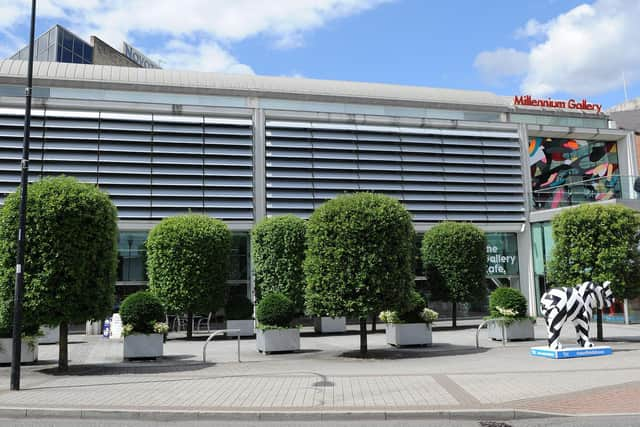

Advertisement
Hide AdAdvertisement
Hide Ad"It was always going to be a challenge to secure the level of funding we need for that building – we're talking tens of millions of pounds to create the city centre and regional attraction we think it could become – but we still have that ambition. That vision is still there. It's still top of the list, but we have to be pragmatic and look again at how we make that happen. It's doubly challenging now. Arguably there's a greater need for something of that ilk in our city centre given Covid and the damage it has done."
Beyond Sheffield's own collections, a larger organisation would be 'better placed to bring world-class cultural experiences to the city and make them available to everyone', said Kim. "We've got a real opportunity, over the coming years, to make sure all of our spaces are able to take indemnified loans - works that are high status, and high profile, and often from the nationals - to bring that sparkle to all of our sites."
Neil MacDonald said bolstering the city's museums and galleries was 'more important than ever' in light of the 'significant impact Covid-19 has had on cultural organisations across the country', while Coun Mary Lea, the council's cabinet member for culture, parks and leisure, said the authority 'warmly' supported the idea of a united trust.
Pete Massey, director of Arts Council England in the North, said the plan was 'brilliant', adding: "I look forward to seeing how the partnership develops."
A name for the new organisation is still to be picked.
Advertisement
Hide AdAdvertisement
Hide Ad"That's the hard one," said Fiona. "We've started thinking about it but we haven't got any formal proposals yet."
